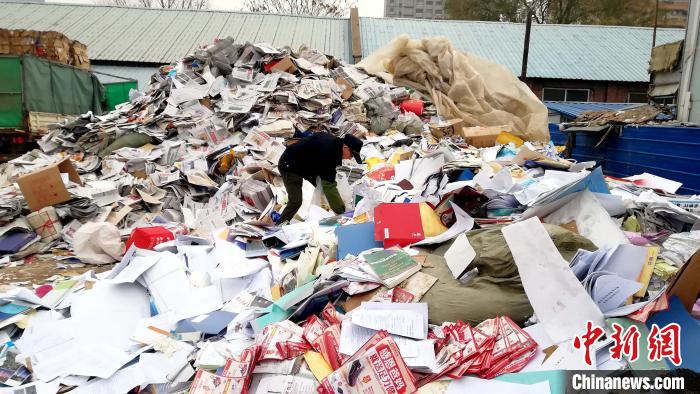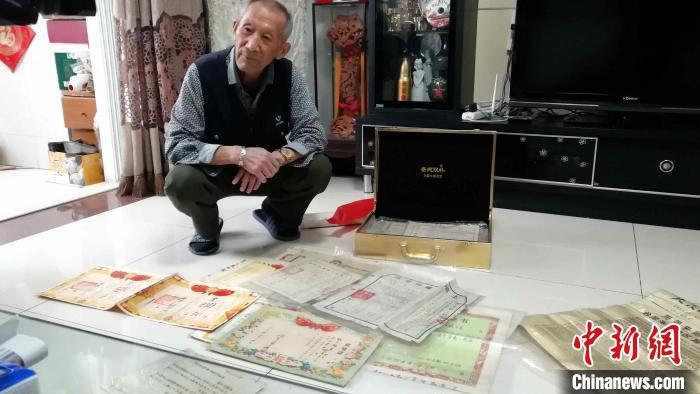By JiPing (Peoples Daily Online)10:39, November 10, 2020
Gross interference in other countries’ domestic affairs is a distinctive feature of American hegemony and diplomacy.
Taking advantage of its economic, military, scientific and technological strength, the U.S. has long been notorious for adopting every possible means and exerting all its authority to meddle in other countries’ internal affairs, posing serious threats to global political security.

Since the end of World War Ⅱ, there hasn’t been one large-scale war in the world that was not directly or indirectly connected to the U.S., and no continued unrest in the world that it has not manipulated.
The country’s acts of seeking hegemony through wars have only intensified over time, along with its unscrupulous intention to interfere in the domestic affairs of other countries.
In 2001, U.S. troops entered Afghanistan in the name of fighting terrorism. However, after 13 years of continuous war, on which the U.S. spent $900 billion and several thousand U.S. soldiers lost their lives in a foreign land, the situation has only become worse.
In 2003, under the pretext that Iraq was in possession of ”weapons of mass destruction”, the U.S. bypassed the United Nations (UN) and overthrew Saddam Hussein’s regime through a massive offensive, eventually seizing control of the country’s oil reserves. Nine years of war in Iraq resulted in several hundred thousand deaths in the country.
In 2011, the U.S. imposed sanctions against Syria in the name of the UN. Rumors that Syria had used chemical weapons gave Western countries justification to intervene with the use of force. However, the issue turned out to be another unjust and unresolved case.
By launching or directly taking part in wars, as well as taking advantage of the UN or bypassing it to go its own way, the U.S. has, in fact, wantonly interfered in other countries’ domestic affairs, adopting a high-handed approach of using force to further its own interests.
All the reasons it gives for meddling in other countries’ internal affairs have been proven to be lame excuses, and even pure lies and tricks. The U.S. has acted in a way that is no different than that of a robber.
While frequently resorting to the use of force to directly interfere in the internal affairs of other countries, the US has never stopped manipulating the global political situation from behind the scenes.
History will never forget the color revolutions in the former Soviet Union and the Arab Spring in the Middle East and North Africa, which were all inflicted upon the world at the beginning of the century.
From the Orange Revolution and the Velvet Revolution to the Tulip Revolution, Rose Revolution, and the Jasmine Revolution, and even the turmoil in China’s Hong Kong Special Administrative Region, all these events have an evil backstage manipulator: the U.S.
Through open interference from its government and behind-the-scenes manipulations by its so-call “non-governmental organizations,” the U.S. has spared no effort to bring about political changes in some countries, and even in their regimes.
The color revolution is the ugliest means the country has used to interfere in the internal affairs of other countries, and the most dangerous guise for bringing about so-called “peaceful evolution” in countries that have different ideologies, political systems, and development paths from that of the U.S., as it attempts to subdue the enemy without fighting.
Countries that have been listed as “evil forces” for saying “no” to the U.S. have suffered widespread interference and attacks from the country.
The U.S. has imposed extreme political pressure and cruel economic sanctions on these countries, isolated and cornered them using diplomatic means, intimidated these countries with its military strength, defamed them, and even plotted assassination against their political leaders. It has literally stopped at nothing to contain countries that don’t want to go along with it.
The US does not even make exceptions for its friends, and has been relentless in making carping comments on the foreign relations and national defense policies of its European allies.
The US is the world’s largest economy, but it doesn’t own the world. A country must control its own internal affairs. The U.S. cannot be allowed to decide everything and impose “long-arm jurisdiction” wherever it wants.
The country’s obsession with meddling in other countries’ domestic affairs, bullying the weak, ignoring the core values of the UN Charter and the norms governing international relations, and trampling on the morality and conscience of humanity has inflicted disasters on global security and the well-being of people around the world, and brought shame on the American people.
Nevertheless, history will give a just verdict on everything in the end. It will prove that misdeeds such as meddling, stirring up trouble, pursuing hegemony, and bullying will lead nowhere.
![]()




